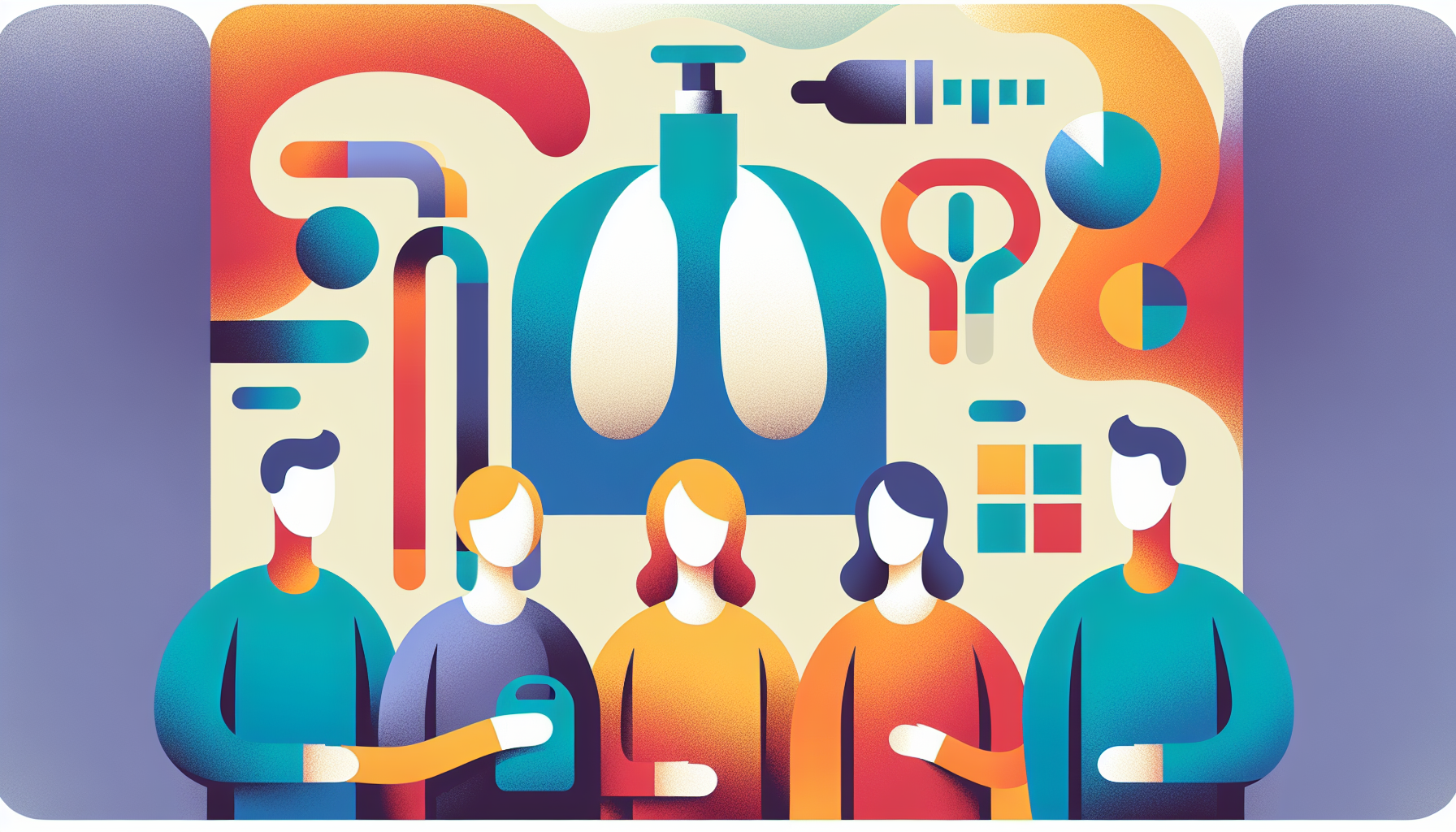Gas is a normal part of the digestive process, but it can sometimes cause discomfort, pain, and embarrassment. In this article, we'll explore the causes of gas, its symptoms, and various treatment options to help you manage gas-related issues and improve your digestive health.
What Causes Gas?
Gas is produced in two ways: by swallowing air and through the breakdown of undigested food by bacteria in the large intestine. When you eat or drink, you also swallow air, which can contribute to gas formation. The bacteria in your large intestine help digest undigested food, producing hydrogen, carbon dioxide, and methane, which are then expelled from your body as flatulence.
Foods That Commonly Cause Gas
Certain foods are more likely to cause gas than others. These include:
Beans
Vegetables (especially broccoli, cabbage, and onions)
Fruits
Dairy products
Whole-grain foods
Soft drinks and fruit drinks
It's important to note that not everyone will experience gas from the same foods, as individual tolerance varies.
Symptoms of Gas
In addition to burping and flatulence, gas can cause bloating and pain in the abdomen or sides. Sometimes, this pain may be mistaken for other conditions, such as a heart attack or appendicitis. If you experience severe or persistent pain, it's essential to consult a healthcare professional to rule out any underlying medical issues.
When Gas May Indicate a Medical Problem
Chronic belching or excessive gas may be a sign of an underlying digestive issue, such as gastroesophageal reflux disease (GERD). Other conditions that can cause bloating and gas include:
Diagnosing Gas-Related Illnesses
To diagnose gas-related issues, your doctor will likely ask about your diet and symptoms. They may request that you keep a food diary to help identify trigger foods. In some cases, your doctor may recommend cutting out certain foods, such as dairy products, if lactose intolerance is suspected. If bloating is a concern, your doctor may perform a physical examination and order tests to rule out underlying conditions.
Treatment Options for Gas
Treatment for gas typically involves dietary changes and learning to swallow less air. Over-the-counter medications, such as antacids containing simethicone, probiotics, and lactase products (for lactose intolerance), may also provide relief. In some cases, your doctor may prescribe medications to help move food and gas through your digestive system more efficiently.
Lifestyle Changes to Reduce Gas
To minimize gas production and discomfort, try the following tips:
Avoid chewing gum and eating hard candies
Eat more slowly
Ensure that any dentures fit properly
Avoid drinking through straws
Work with your doctor to create a balanced diet that minimizes gas-causing foods while still providing essential nutrients
By understanding the causes of gas and making appropriate lifestyle and dietary changes, you can effectively manage gas-related issues and improve your overall digestive health. If you experience persistent or severe symptoms, consult your healthcare provider for a proper diagnosis and treatment plan.


